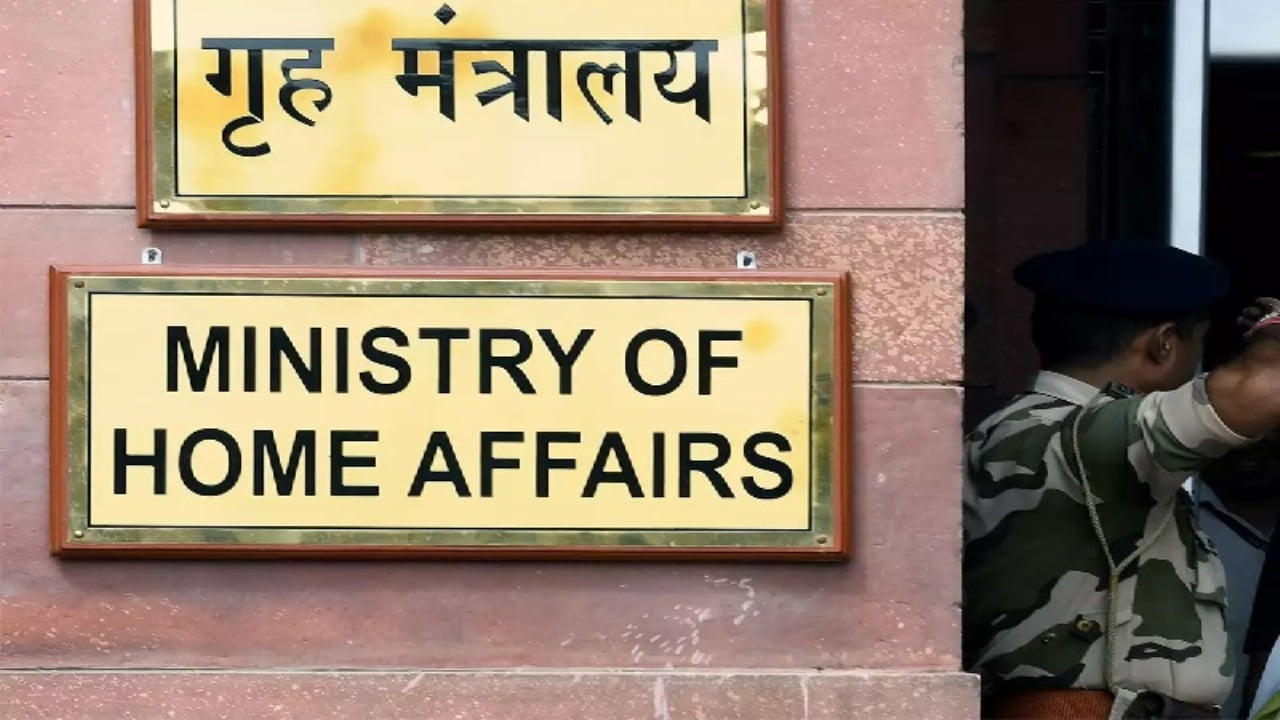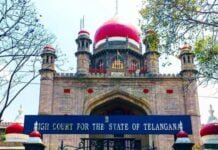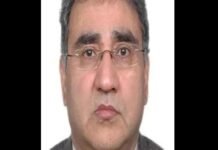The Ministry of Home Affairs seems to have made up its mind to strictly deal with the issue of rising shortage of IPS officers at various ranks in central agencies and forces. That is why it has admonished all states to make “a conscious attempt” to send names of IPS officers for central deputation.
This is not a new phenomenon. The ministry invites nominations of IPS officers from states for central deputation every year to fill up the vacancies for ranks ranging from Superintendent of Police (SP) to Director General (DG). But, unfortunately, some of the states/cadres do not send sufficient number of names for central deputation.
This issue was highlighted by the ministry in its letter sent to all states recently. It rued that many a time, the state governments send more names of Senior IPS officers, but they do not propose the names for appointment to the posts of SP to IG. That is the reason why it wants a conscious attempt to be made by the state governments to forward the names of officers for deputation in such a manner that officers of different levels/ranks are adequately and proportionately represented as well as every eligible officer gets an opportunity to serve at the Centre.
A similar request was made by the MHA in June last year. But there has been a lukewarm response from the states.
It has resulted in the number of vacancies rising steadily over the years. According to the vacancy statement of MHA as of December 18, 2024, posts of 114 SPs, 77 DIGs, 40 IGs (Inspector Generals), two ADGs (Additional Director General) and one SDG (Special Director General) are lying vacant in various central agencies and forces, including the CBI, CRPF, NIA, ITBP, CISF, BSF, NSG, SSB and others.
Even Union Minister for Personnel Jitendra Singh had informed the Parliament last month that there were 586 posts of IPS vacant as on January 1, 2024. There were 4,469 IPS officers working across the country against their sanctioned strength of 5,055.
According to a highly-placed source, IPS officers at SP and DIG level are particularly not deputed to the Centre because there are vacancies at those ranks in the states’ as well, and then there are retirements and resignations. The issue has become so problematic that the MHA has tried to take strict action against the officers who fail to join even after their names having been cleared for central deputation.
In order to strictly deal with this attitude, the ministry has adopted a policy of debarring officers from central deputation for five years if an officer, on being selected, does not join within one month of issue of his/her appointment order, either on account of personal disinclination or on refusal by concerned state government to relieve the officer.
Under the IPS (cadre) rules, 40% of senior duty posts in each cadre are earmarked as Central Deputation Reserve (CDR).



















